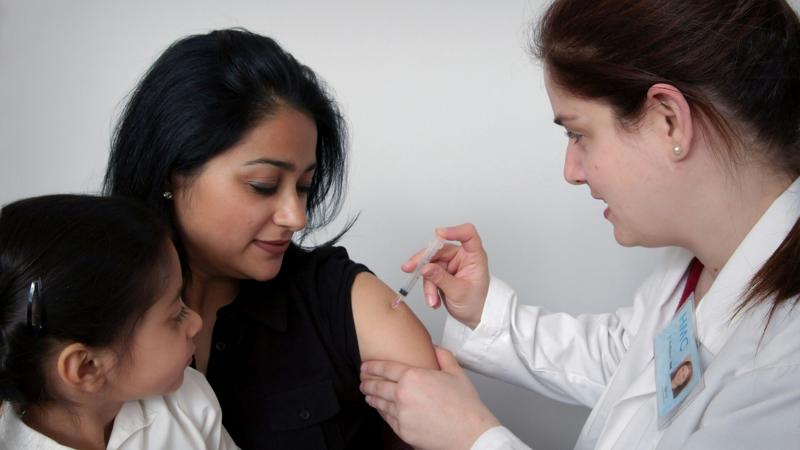States are bracing for higher costs for Medicaid and the Children’s Health Insurance Program despite President Donald Trump’s promises of protection.
S&P Global Ratings, one of the “big three” credit-rating agencies, said it expects funding gaps amid the uncertainty.
“Uncertainty surrounding the level of federal participation in the Medicaid and CHIP funding partnership could make states’ budgets more vulnerable to medical cost increases,” according to S&P Global. “Absorbing higher costs could also be more difficult during an economic downturn if revenue trends decline and Medicaid rolls increase.”
The reduction in federal spending contributions generally requires states to find alternative revenue sources, or even cut other programs to make up the difference.
S&P Global Ratings said Monday it considers Medicaid expenditures to be a nondiscretionary, fixed cost for most states, given that state-level Medicaid changes must remain compliant with all federal requirements to receive funding.
As a joint federal-state program that provides health care to low-income citizens, Medicaid is a significant portion of annual budgets for states that participate. Hence, states’ ability to adjust spending is limited unless they are granted waivers for Medicaid provisions.
“Overall, this shift in funding responsibilities could introduce downside credit risks for states if absorbing higher Medicaid costs strains their financial capacity, or if it is compounded by other structural budget pressures,” S&P Global Ratings credit analyst Tom Zemetis said.
Trump has repeatedly said he wants to protect Medicaid and other social programs.
“The Trump administration will not cut Social Security, Medicare, or Medicaid benefits,” the White House said earlier this month. “President Trump himself has said it (over and over and over again).”
Still, state governments urge him to maintain stability in his commitments to Medicaid’s funding structure in order to avoid disruptions in health care coverage for America’s vulnerable populations.







